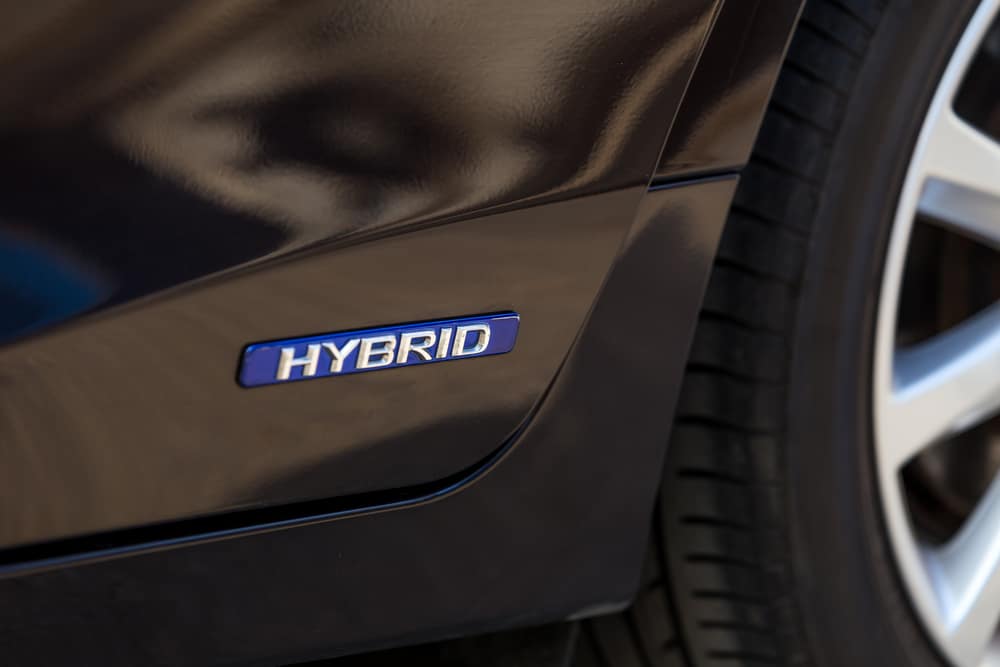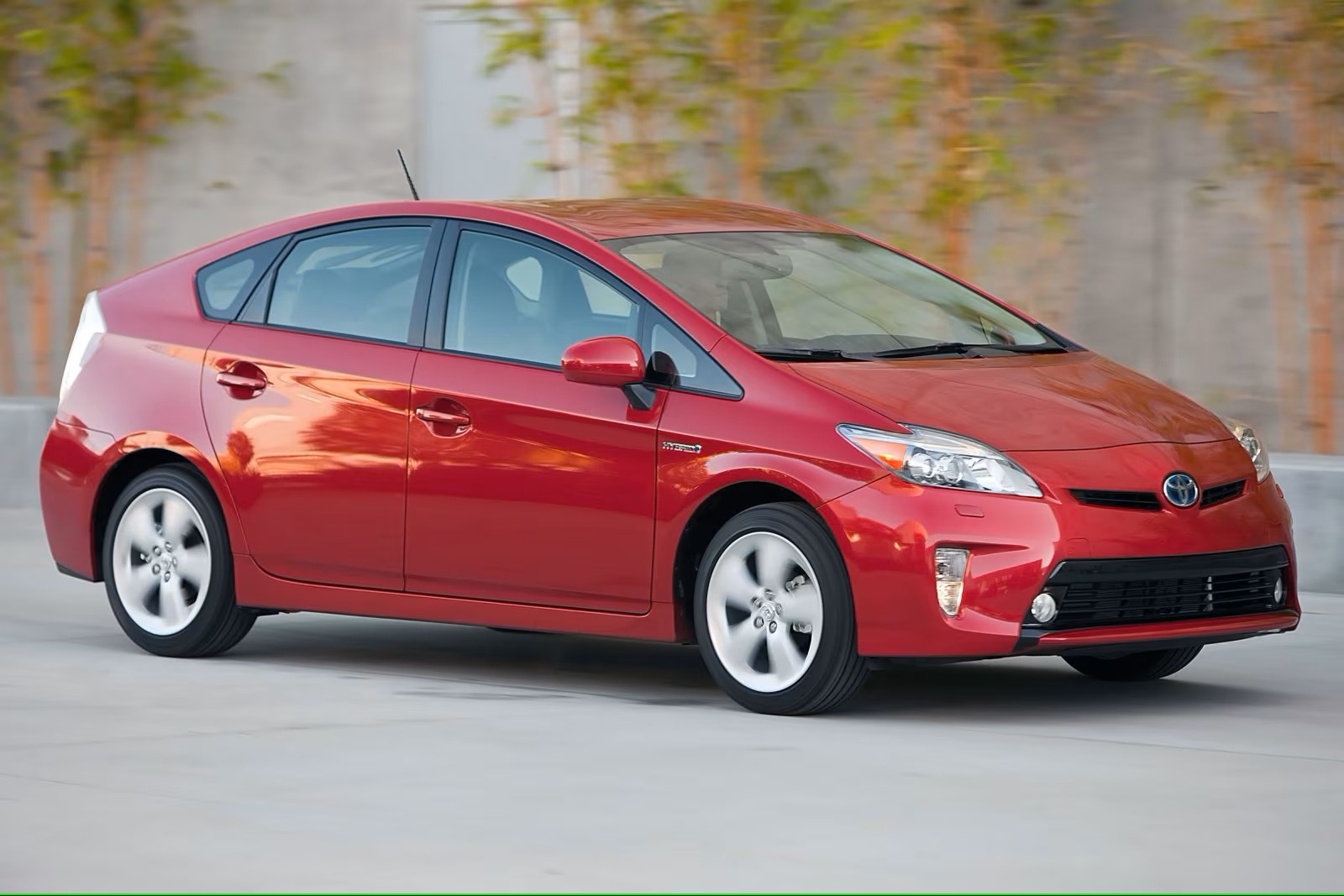Hybrid vehicles have gained popularity in the United States due to their fuel efficiency and environmental benefits. However, owning a hybrid car is not without its challenges and hidden costs.
Beyond the initial purchase price, hybrid owners may face additional expenses related to maintenance, repairs, and other factors.
This article look into the unspoken costs of owning a hybrid in America, examining aspects such as battery replacement, insurance premiums, and potential resale value, to provide a comprehensive understanding of the financial implications of hybrid ownership.
One of the most significant unspoken costs of owning a hybrid vehicle is the expense associated with battery replacement. Hybrid cars rely on a complex battery system to power their electric components, and these batteries have a limited lifespan.
Depending on the make and model, the cost of replacing a hybrid battery can range from several hundred to several thousand dollars.
While most manufacturers offer warranties that cover battery replacements for a certain period, owners may still face substantial out-of-pocket expenses once the warranty expires.
Also Read: Are Electric Snowmobiles the Future of Winter Adventures in Colorado’s Mountain Resorts?
Maintenance and repair costs are another consideration for hybrid owners. While hybrid vehicles often require less frequent maintenance than traditional gasoline-powered cars, their specialized components can be more expensive to repair or replace.
For example, the regenerative braking system, which helps recharge the battery, can be costly to fix if it malfunctions. Additionally, finding qualified technicians who are trained to work on hybrid vehicles can sometimes be challenging, leading to higher labor costs and longer wait times for repairs.

Insurance premiums for hybrid vehicles can also be higher compared to their conventional counterparts. Insurers may charge more for hybrid coverage due to the higher repair costs and the increased value of hybrid components.
Furthermore, the advanced technology and specialized parts used in hybrid cars can make them more expensive to replace if they are damaged in an accident.
As a result, hybrid owners may find themselves paying higher insurance premiums over the life of the vehicle.
Another factor that can affect the cost of owning a hybrid is the potential impact on resale value. While hybrid vehicles are generally known for their fuel efficiency and eco-friendly appeal, their resale value can be influenced by several factors.
For instance, the condition and remaining lifespan of the battery can significantly affect a hybrid’s resale price. Buyers may be hesitant to purchase a used hybrid if they anticipate needing to replace the battery soon after buying the vehicle.
Additionally, the rapid advancement of hybrid technology can result in older models becoming outdated more quickly, further impacting their resale value. Hybrid owners may also encounter unanticipated costs related to the infrastructure required to support their vehicles.
For instance, installing a home charging station for plug-in hybrids can be an additional expense. While public charging stations are becoming more widespread, the convenience of having a home charging setup can be a significant benefit for hybrid owners.
However, the cost of installation and potential upgrades to a home’s electrical system can add to the expense of hybrid ownership.
Also Read: Car Dealerships Struggle to Sell EVs as Surplus Grows and Consumer Demand Remains Weak

